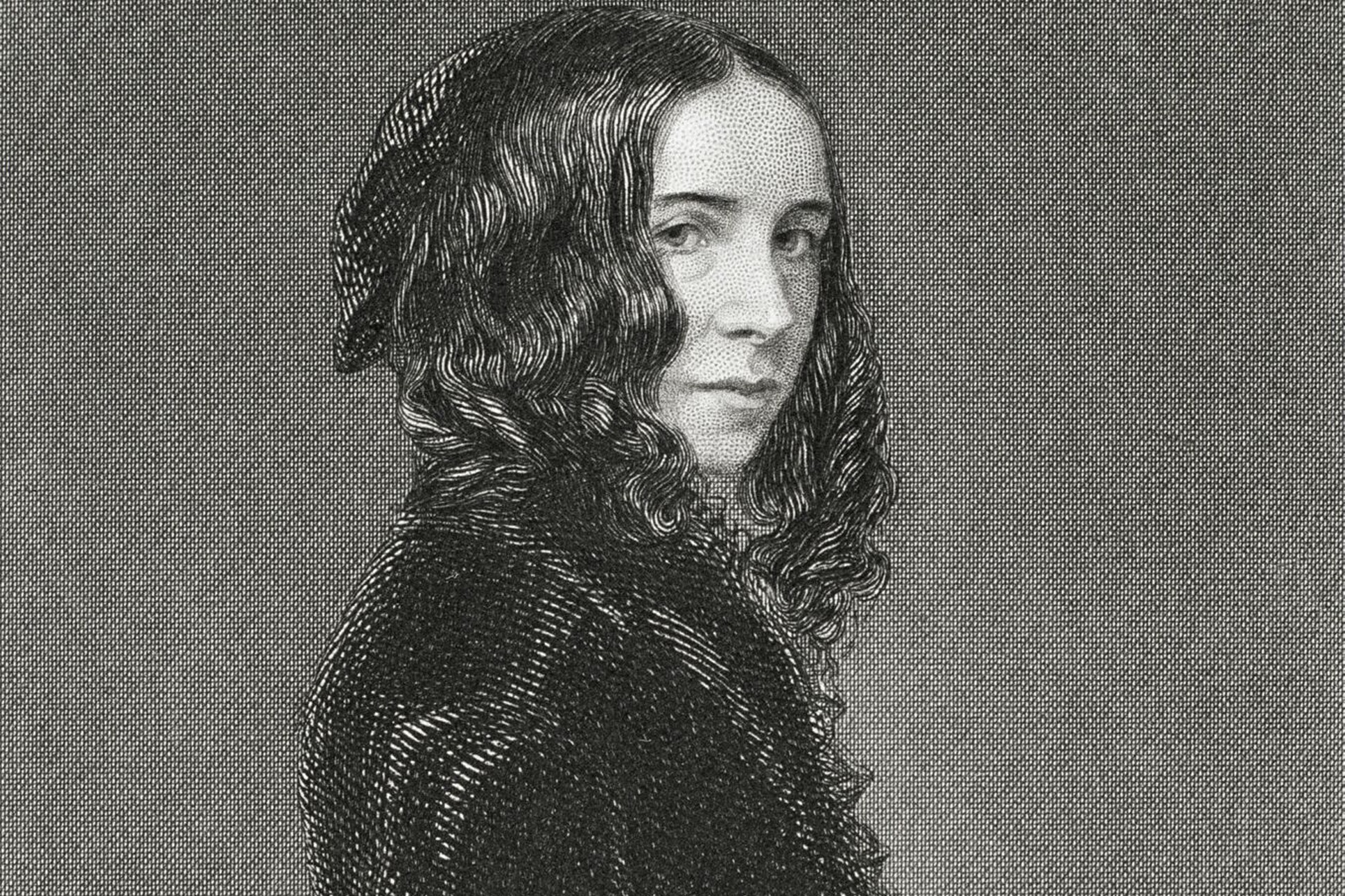
Elizabeth Barrett Browning On Happiness As A Moral Obligation
Maria Popova, Brain Pickings
“What is happiness, anyhow? … so impalpable — a mere breath, an evanescent tinge,” Walt Whitman wondered in his most direct reflection on happiness. Thirty years earlier, another genius of letters and pioneering poet of the era made a sublime case for happiness as a moral obligation — even, and especially, in the midst of suffering.
By the time Elizabeth Barrett Browning (March 6, 1806–June 29, 1861) became one of the most celebrated authors of her time, she had endured an inordinate amount of suffering — from a litany of losses to a rare, debilitating chronic illness that left her bedridden for much of her life. And yet she adamantly renounced the dangerous myth of the suffering artist and instead played the cards she’d been dealt with a remarkable buoyancy of spirit. That radiance of mind beneath her creative and intellectual genius is what enchanted Robert Browning when the two commenced the secret epistolary courtship that would unfold into one of history’s most beautiful real-life love stories.

Elizabeth Barrett Browning
In one of her early letters to Robert, penned the day before her thirty-ninth birthday and included in the altogether splendid Love Letters of Elizabeth Barrett and Robert Browning (public library | free ebook), Elizabeth poses her animating ethos:
It is well to fly towards the light, even where there may be some fluttering and bruising of wings against the windowpanes, is it not?
A century before Albert Camus insisted that “there is no love of life without despair of life,” she writes:
I am not desponding by nature, and after a course of bitter mental discipline and long bodily seclusion, I come out with two learnt lessons (as I sometimes say and oftener feel), — the wisdom of cheerfulness — and the duty of social intercourse. Anguish has instructed me in joy, and solitude in society; it has been a wholesome and not unnatural reaction. And altogether, I may say that the earth looks the brighter to me in proportion to my own deprivations. The laburnum trees and rose trees are plucked up by the roots — but the sunshine is in their places, and the root of the sunshine is above the storms. What we call Life is a condition of the soul, and the soul must improve in happiness and wisdom, except by its own fault. These tears in our eyes, these faintings of the flesh, will not hinder such improvement.
In a beautiful antidote to the cynical worldview that has come to dominate our collective conscience and our media landscape in the century and a half since Barrett Browning’s time, she adds:
It seems to me from my personal experience that there is kindness everywhere in different proportions, and more goodness and tenderheartedness than we read of in the moralists.
The Love Letters of Elizabeth Barrett and Robert Browning is replete with both poets’ luminous sentiments luminously phrased. Complement this particular portion with Camus on happiness, unhappiness, and our self-imposed prisons, then revisit Barrett Browning on what makes life worth living.
No comments:
Post a Comment